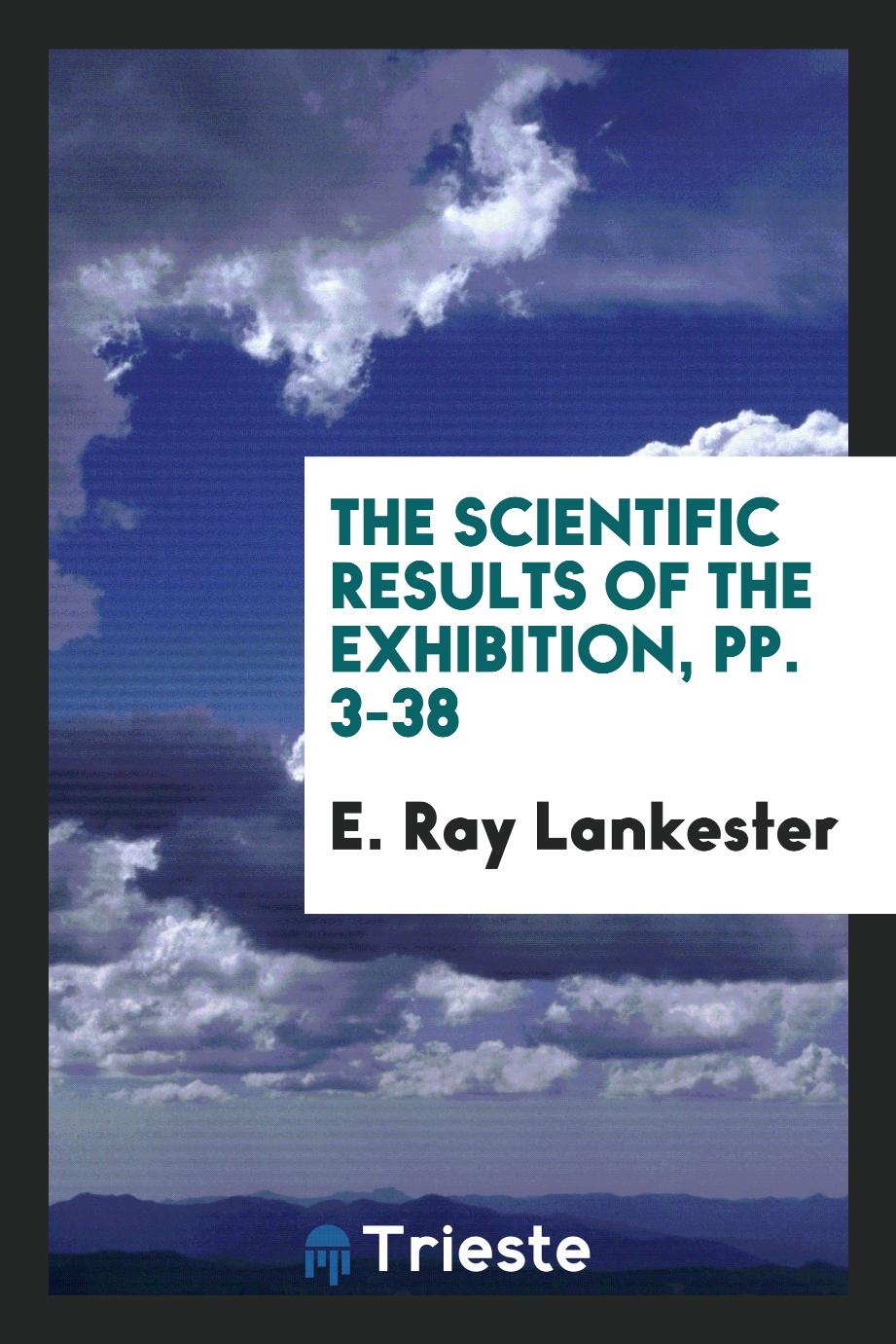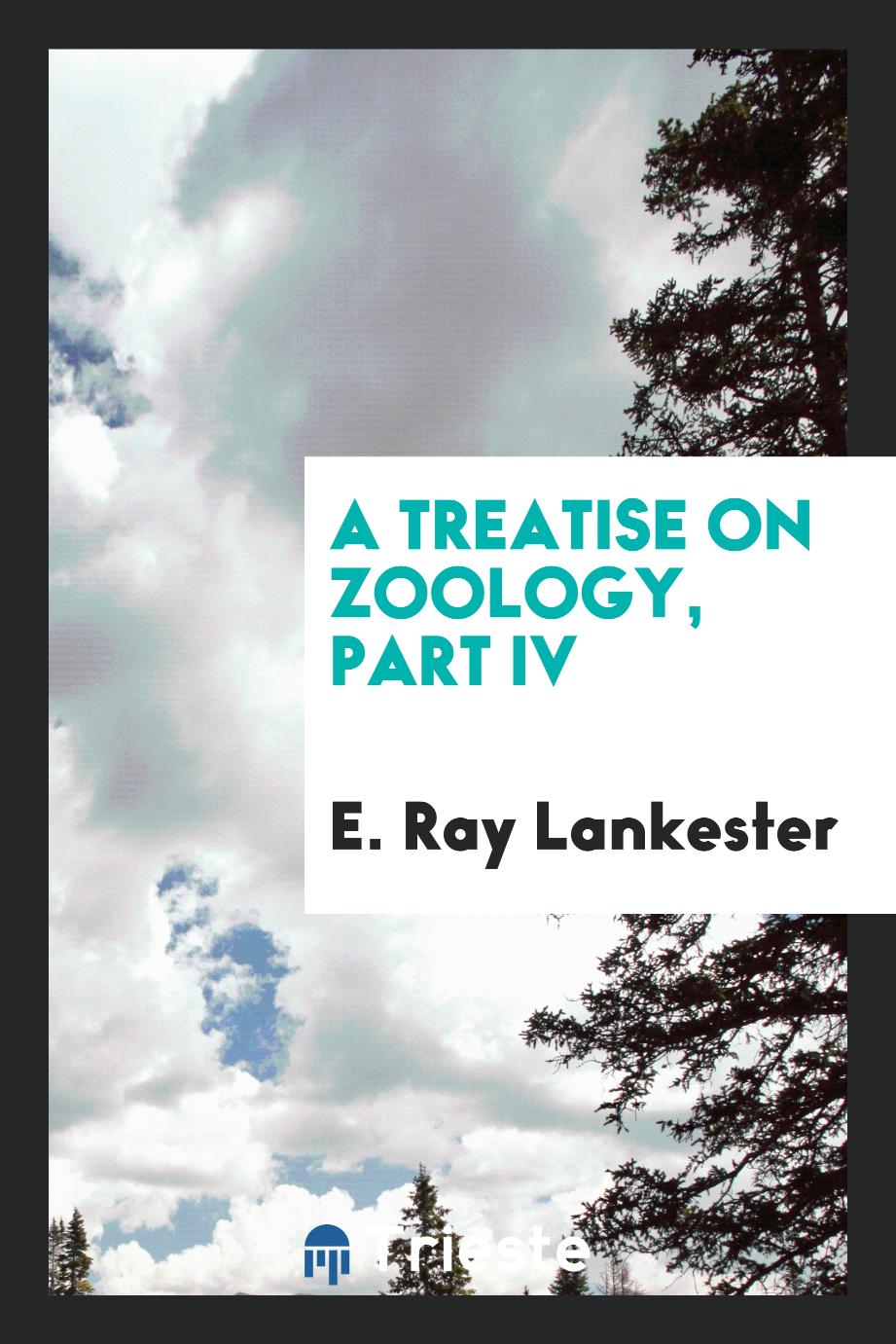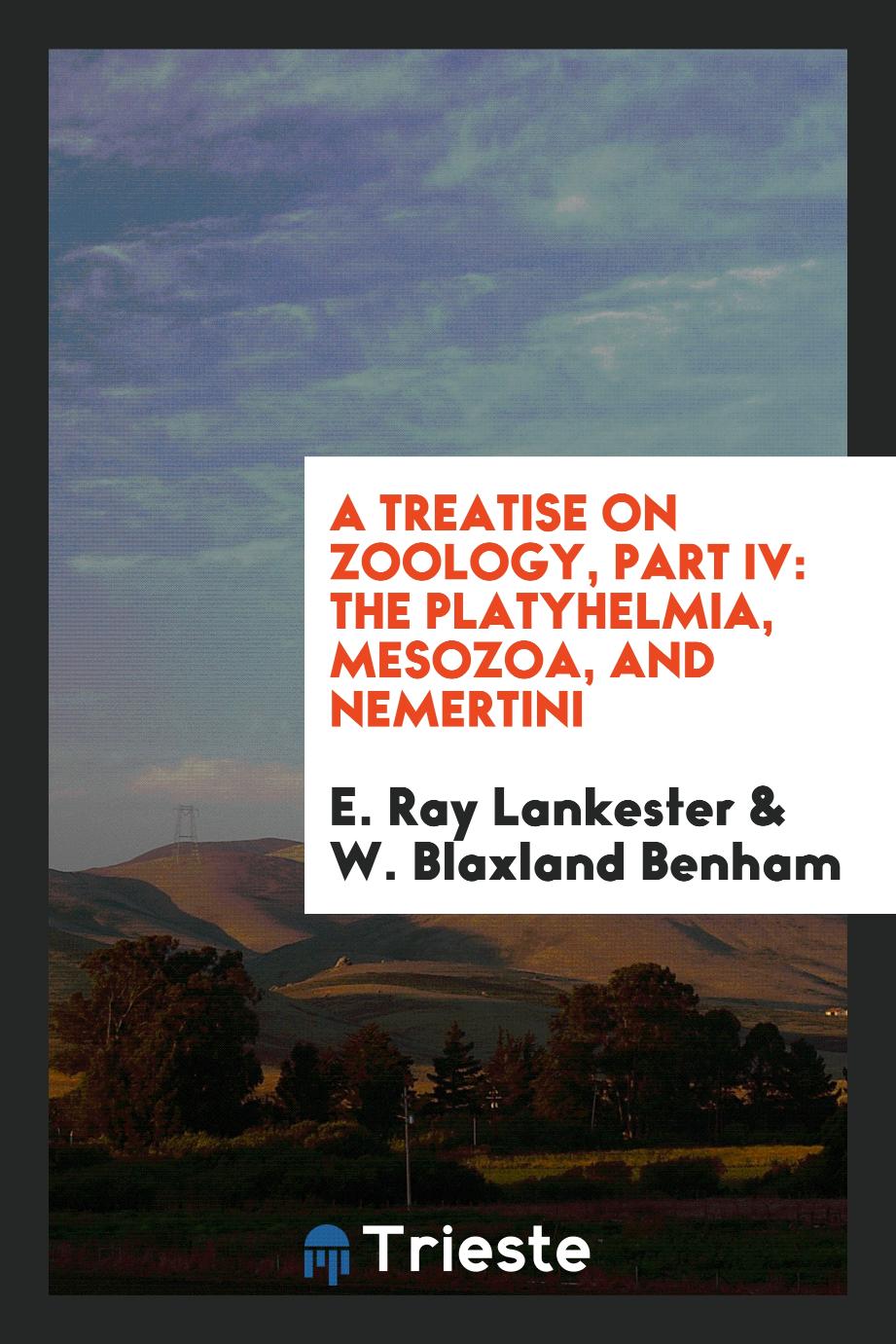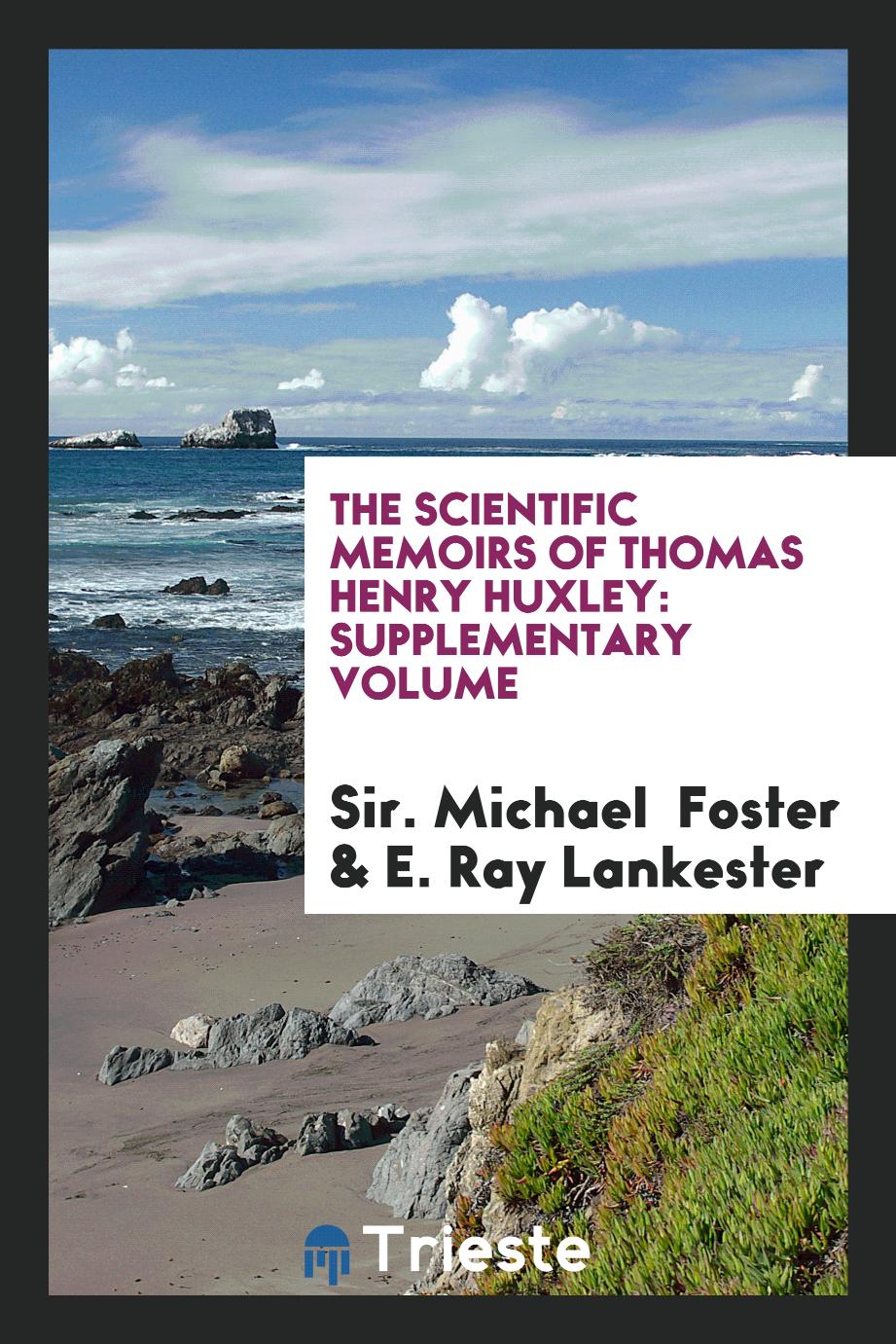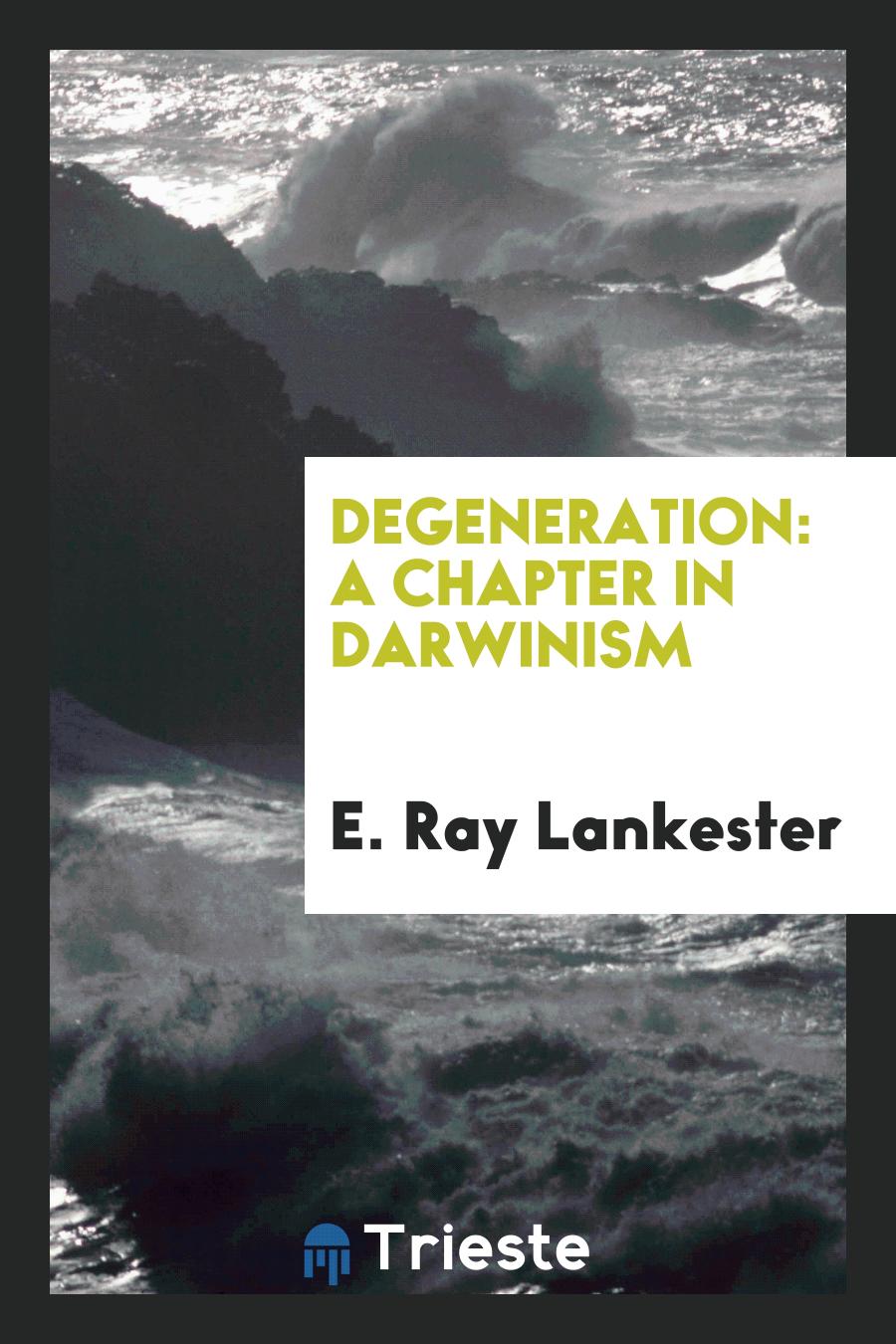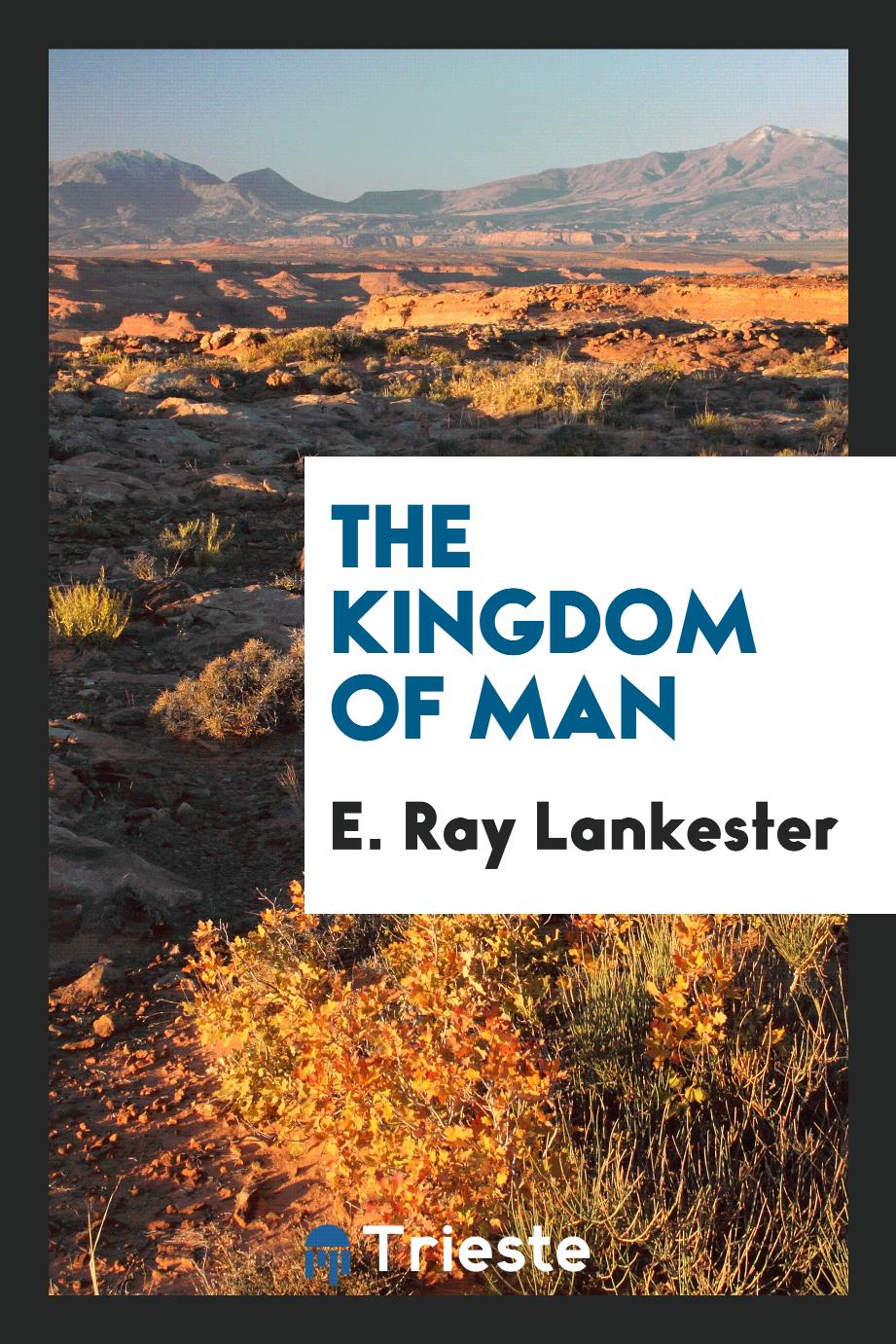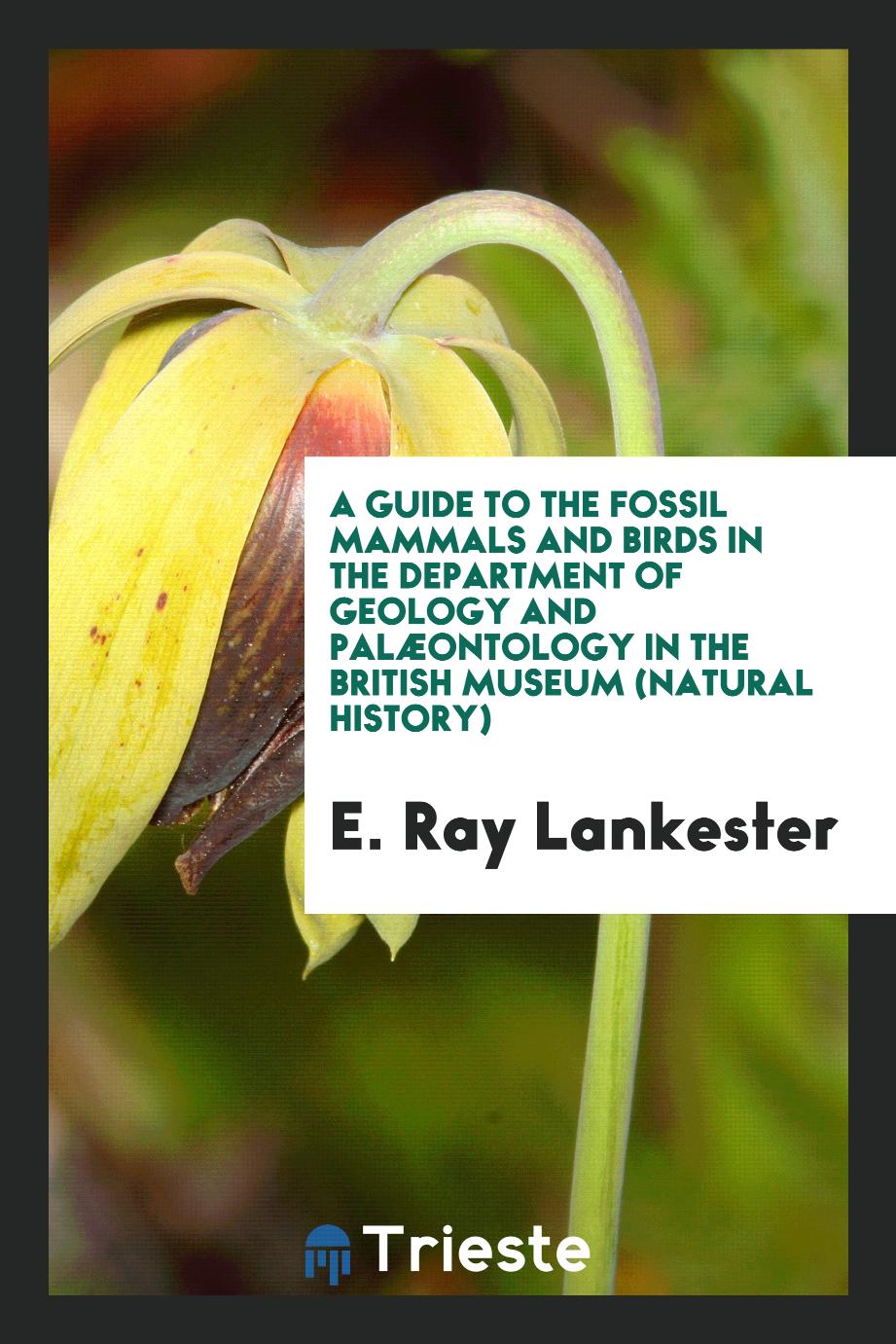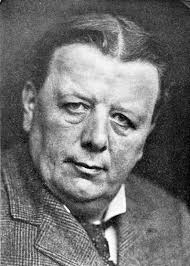
E. Ray Lankester
Sir Edwin Ray Lankester (15 May 1847 - 13 August 1929) was a British zoologist. An invertebrate zoologist and evolutionary biologist, he held chairs at University College London and Oxford University. He was the third Director of the Natural History Museum, and was awarded the Copley Medal of the Royal Society. Ray Lankester was born on 15 May 1847 on Burlington Street in London, the son of Edwin Lankester, a coroner and doctor-naturalist who helped eradicate cholera in London, and his wife, the botanist and author Phebe Lankester. Ray Lankester was probably named after the naturalist John Ray: his father had just edited the memorials of John Ray for the Ray Society. In 1855 Ray went to boarding school at Leatherhead, and in 1858 to St Paul's School. His university education was at Downing College, Cambridge, and Christ Church, Oxford; he transferred from Downing, after five terms, at his parents' behest because Christ Church had better teaching in the form of the newly appointed George Rolleston. Lankester achieved first-class honours in 1868. His education was rounded off by study visits to Vienna, Leipzig and Jena, and he did some work at the Stazione Zoologica at Naples. He took the examination to become a Fellow of Exeter College, Oxford, and studied under Thomas H. Huxley before taking his MA. Lankester therefore had a far better education than most English biologists of the previous generation, such as Huxley, Wallace and Bates. Even so, it could be argued that the influence of his father Edwin and his friends were just as important. Huxley was a close friend of the family, and whilst still a child Ray met Hooker, Henfrey, Clifford, Gosse, Owen, Forbes, Carpenter, Lyell, Murchison, Henslow and Darwin. He was a large man with a large presence, of warm human sympathies and in his childhood a great admirer of Abraham Lincoln. His interventions, responses and advocacies were often colourful and forceful, as befitted an admirer of Huxley, for whom he worked as a demonstrator when a young man. In his personal manner he was not so adept as Huxley, and he made enemies by his rudeness. This undoubtedly damaged and limited the second half of his career.
